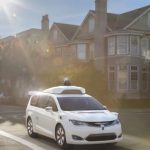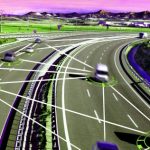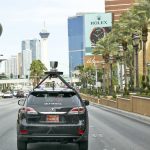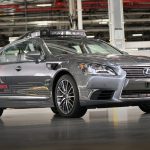German regulators could clear the road for self-driving cars
German regulators could clear the road for self-driving cars

To suggest that global regulations around autonomous vehicles are murky, may be the understatement of the year. But Germany’s proposed regulations on self-driving cars could potentially let some daylight through.
As reported by Fast Company, the German government is updating its traffic laws to include self-driving car rules. If passed, experts say these regulations could provide some of the clearest guidelines for autonomous cars in any major world economy.
The proposed legislation stipulates that the new class of cars will still need to require a steering wheel and a conscious human sitting behind it. As well, driverless cars would need to have black boxes that record crash data to determine whether accidents were the fault of man or machine.
And while some argue the proposed rules are overly cautious, Germany’s decisive push for clear autonomous car regulations could give the country an advantage in the race to become global leader in developing the technology.
This follows chancellor Angela Merkel’s comments this spring that her government wants industry input and that all members of Germany’s ruling coalition are backing autonomous vehicles. This signaled to the industry that it could enjoy a harmonious legislative environment in the country, unlike other jurisdictions.
Meanwhile, industry pundits have raised fears that America could become a disjointed patchwork of incompatible and competing regulations for self-driving cars.
German regulations won’t get knotted like elsewhere
In California, which is arguably the most advanced U.S. state for autonomous vehicle testing, convoluted rules continue to create obstacles for companies seeking to develop these cars in the state.
Bird & Bird, an international law firm, discussed details of Germany’s proposed legislation. It noted that the biggest rule change is that the driver could transfer legal responsibility to the robot car, with their liability only triggered if the driver doesn’t react to the vehicle’s “wake-up” alarm.
“In other words, the driver may read, write, or watch TV to a certain extent, but having a nap will remain prohibited,” said Alexander Duisberg, a Bird & Bird partner.
If the black-box recorder proves that the driver did respond to the car’s warning alerts, the vehicle would be held responsible for any accident rather than the human.
“Whenever evidence is had that the manufacturer of the system is responsible for the accident, [it] will be liable without limitation,” he said.
The post German regulators could clear the road for self-driving cars appeared first on ReadWrite.
(32)














